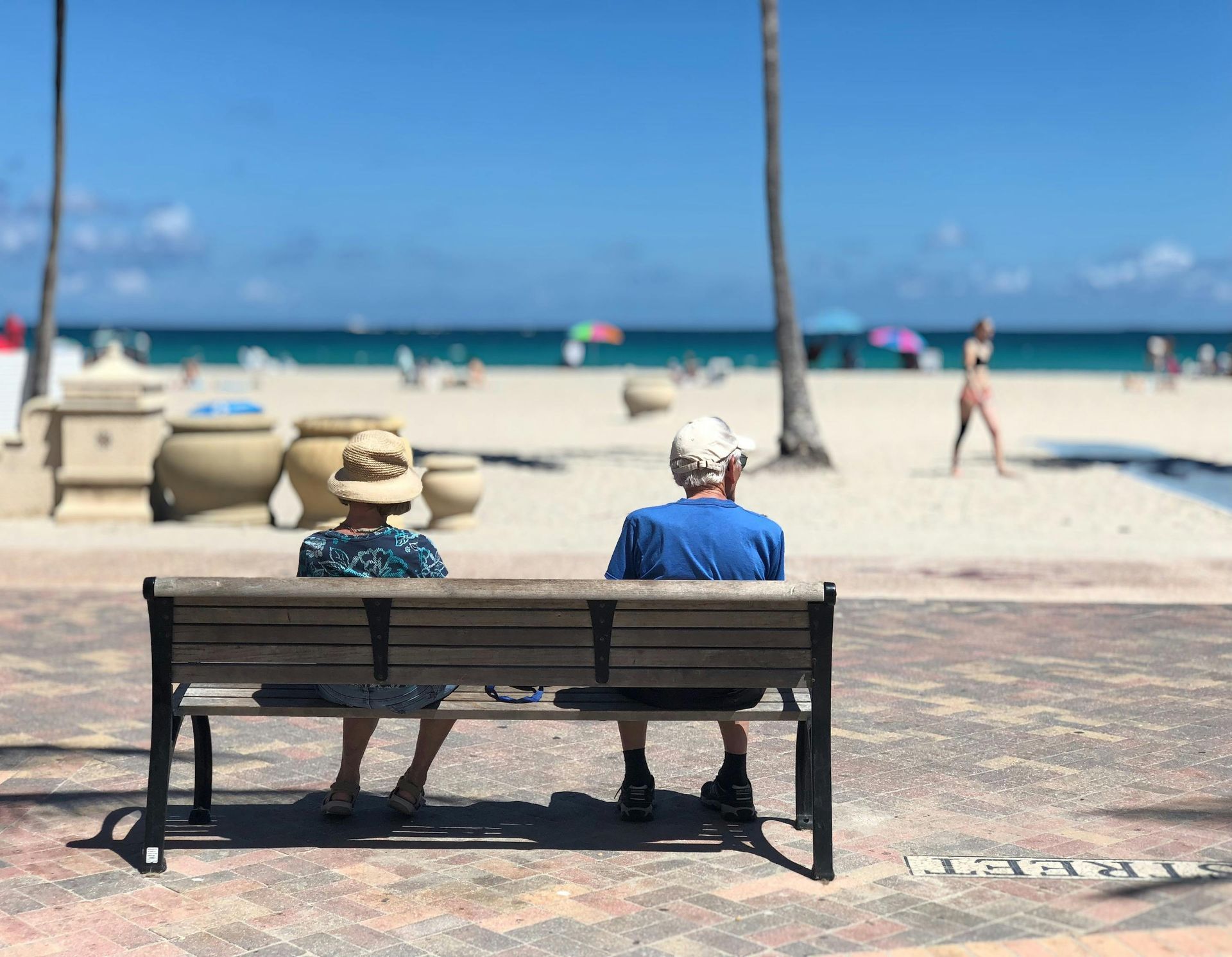Navigating Healthcare in Ontario: A Guide for Newcomers
Guide to Ontario's Healthcare System: OHIP, Finding a Family Doctor, and Medical Services
Introduction Welcome to Ontario! One of the most essential steps in settling into your new life is understanding the province’s healthcare system. Ontario’s publicly funded health insurance program, known as the Ontario Health Insurance Plan (OHIP), ensures access to essential medical care. This comprehensive guide will help you understand OHIP, how to find a family doctor, and where to access medical services.
What is OHIP?
OHIP is Ontario’s government-funded health insurance program that covers a wide range of medical services, including doctor visits, hospital care, and surgeries. As a newcomer, securing OHIP coverage promptly will help you avoid significant out-of-pocket healthcare expenses.
How to Apply for OHIP
To access OHIP benefits, follow these steps:
1. Verify Your Eligibility
To qualify for OHIP, you must meet one of the following criteria:
- Be a Canadian citizen, permanent resident, or temporary resident
- Have been physically present in Ontario for at least 153 days in the past 12 months
- Intend to make Ontario your primary residence
2. Gather Required Documents
You will need to provide:
- Proof of identity (e.g., passport or driver’s license)
- Proof of residency (e.g., lease agreement or utility bill)
- Proof of legal status in Canada (e.g., permanent resident card or work permit)
3. Submit Your Application
- Visit a ServiceOntario center to apply for your OHIP card.
- Fill out the OHIP application form and provide all required documents.
- Once processed, you will receive your OHIP card, which should be carried for all medical visits.
- For more details, visit the official ServiceOntario website.
Emergency Medical Assistance
- In case of an emergency, call 911 immediately.
- For urgent medical issues, visit the nearest hospital emergency department.
Finding a Family Doctor in Ontario
A family doctor is your primary healthcare provider, helping with routine medical care, chronic condition management, and specialist referrals. Here’s how to find one:
1. Health Care Connect
- The Health Care Connect program helps people without a family doctor find one in their area.
- Register by calling 1-800-445-1822 or visiting the Health Care Connect website.
2. Health811
- Health811 provides free, confidential healthcare information and resources.
- Call 811 to speak with a registered nurse or use the Health811 website for live chat assistance.
3. Community Health Centres (CHCs)
- Ontario has 75 Community Health Centres (CHCs) that provide care to underserved populations, including newcomers and uninsured individuals.
- Find a CHC near you through the Ontario Community Health Centres directory.
4. College of Physicians and Surgeons of Ontario (CPSO)
- Use the CPSO Doctor Registry to search for doctors by location and specialty.
- Note: The registry does not indicate which doctors are accepting new patients.
- Visit the CPSO Doctor Registry for more information.
5. Local Hospitals
- Many hospitals maintain lists of physicians accepting new patients.
- Find general hospital locations by region on the Ontario government website.
6. Personal Recommendations
- Ask friends, colleagues, or community groups for recommendations.
The Role of a Family Doctor
A family doctor plays a crucial role in your overall health by providing:
- Primary Care: Routine check-ups, vaccinations, and preventive care
- Chronic Disease Management: Treatment for conditions like diabetes and high blood pressure
- Referrals: Directing you to specialists when needed
- Health Education: Guidance on lifestyle and wellness practices
Accessing Medical Care in Ontario
Besides your family doctor, several healthcare services are available:
1. Urgent Care Centres
- Provide immediate treatment for non-life-threatening injuries and illnesses.
- No appointment required; extended hours available.
2. Nurse Practitioner-Led Clinics
- Offer primary healthcare, diagnostic tests, and prescriptions.
- Appointments are generally required.
- Find clinics through Health811.
3. Walk-in Clinics
- Ideal for non-emergency medical needs with no appointment necessary.
4. Family Health Teams (FHTs)
- Provide comprehensive healthcare services with a team of doctors, nurses, social workers, and other specialists.
- Check the Family Health Teams directory for a location near you.
5. Hospitals
- For serious medical conditions, visit your nearest hospital emergency room or call 911.
Conclusion
Understanding OHIP, securing a family doctor, and knowing where to access healthcare services will help you confidently manage your health in Ontario. Whether you need routine care, urgent medical attention, or specialist referrals, Ontario’s healthcare system offers multiple resources to support you.
For further information, visit the official Ontario government healthcare website.
Welcome to Ontario—here’s to a healthy and happy start in your new home!
Unlock Your Potential with The Fox Education
- Our blog offers information which newcomers to Canada, international students, and others want to know.
- Our tutoring services help learners of all ages.
- We create customized learning programs for individuals and groups.
- The Business of Higher Education podcast explores post-secondary education through a business lens.







